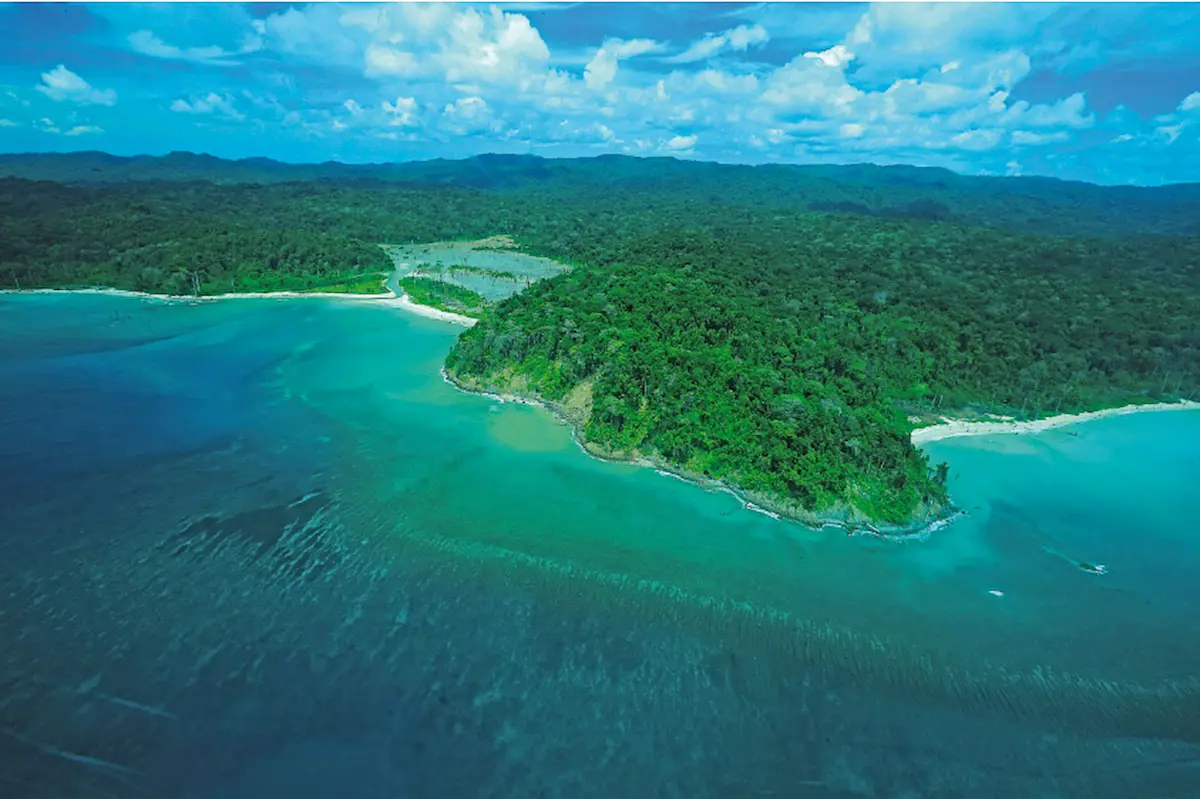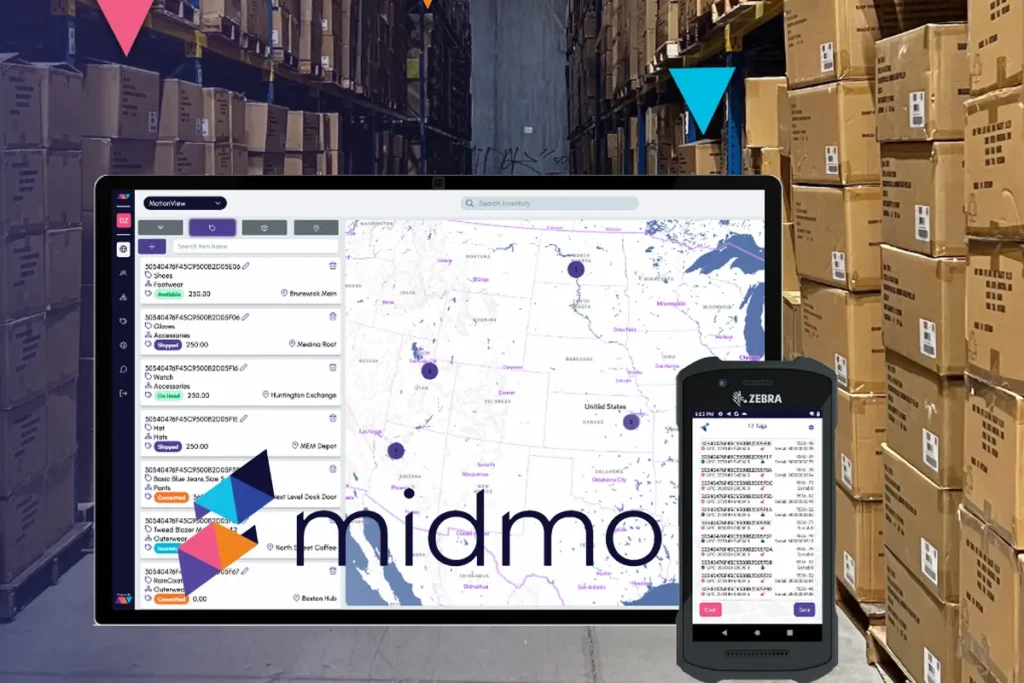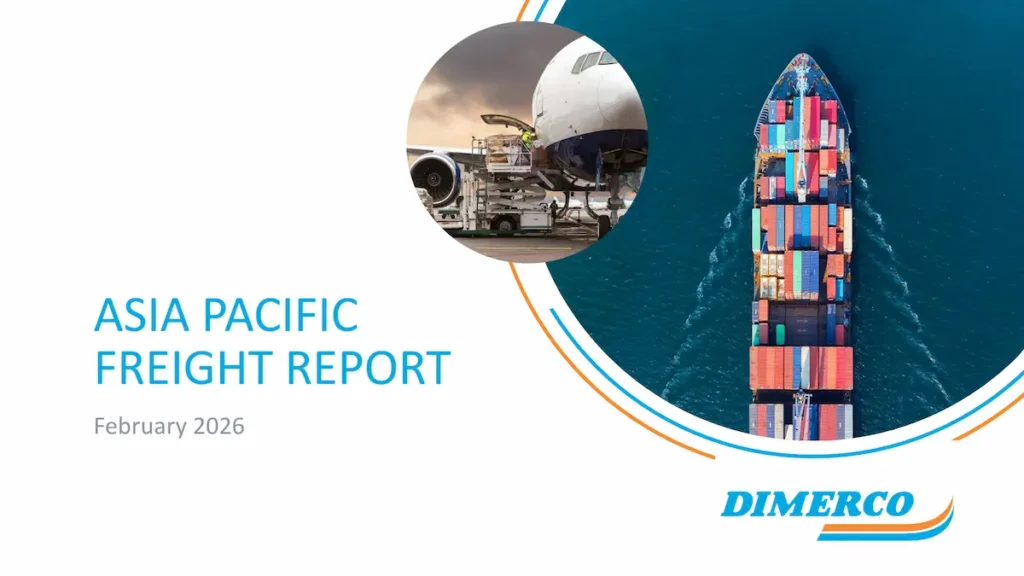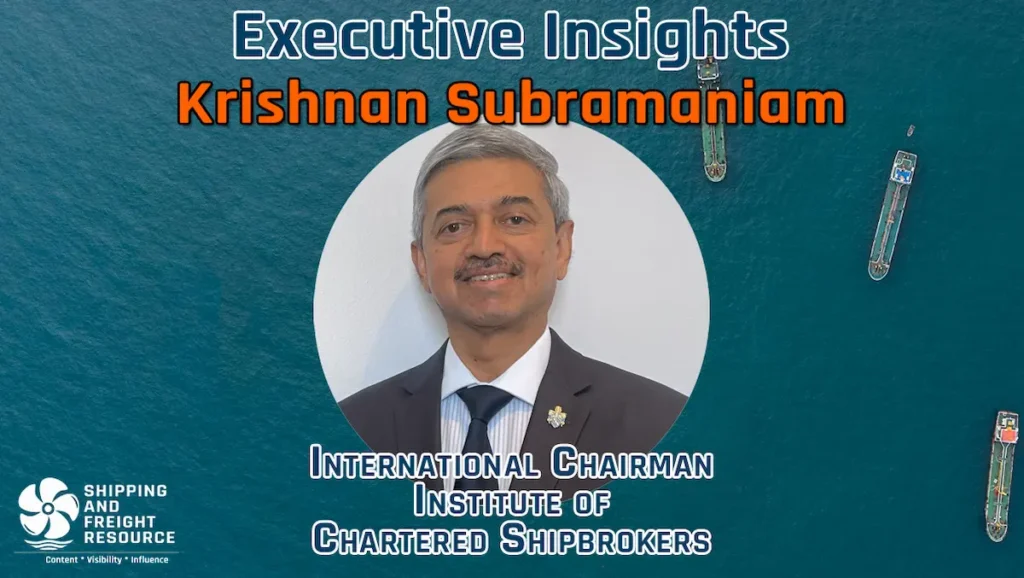India has officially notified the International Container Transshipment Port (ICTP) at Galathea Bay, Great Nicobar Island, as a major port, marking a pivotal moment in the country’s maritime infrastructure strategy.
A vision anchored in scale and strategy
The ICTP is part of the ambitious Great Nicobar Holistic Development Project, which also includes:
- An international airport
- A power plant
- A township
The transshipment hub is designed to handle 16 million TEUs per annum, developed in four phases at an estimated cost of ₹43,796 crore (~ USD 5 billion).
This positions it as a key node in India’s effort to reduce dependence on nearby foreign transhipment hubs like Colombo, Singapore, and Port Klang.
Hindustand Times is quoting ports and shipping minister Sarbananda Sonowal “This proposed transshipment hub with handling capacity of 16 million TEUs per annum is likely to be developed in four phases at an estimated cost of ₹43,796 crore”.
– Advertise here –
Strategic and environmental balancing act
While the project promises strategic and economic benefits, it has also raised environmental concerns. The Nicobar Islands lie within the Sundaland Biodiversity Hotspot, a region of global ecological significance.
Hindustan Times is quoting Union Environment Minister Bhupender Yadav emphasized that “exemplary mitigation measures” have been incorporated to minimize environmental impact, balancing national and defense interests with ecological stewardship.
Maritime infrastructure momentum
Ports and Shipping Minister Sarbananda Sonowal also highlighted the approval of a new deep-sea port at Vadhvan, Maharashtra, with a container handling capacity of 23.2 million TEUs per annum and an estimated cost of ₹76,220 crore (~ USD 8.73 billion). Phase I is expected to be completed by 2030.
Together, these developments form part of a broader $20 billion investment in maritime infrastructure aimed at:
- Accommodating Ultra Large Container Vessels (ULCVs)
- Enhancing India’s competitiveness in global trade
- Strengthening strategic corridors like the India-Middle East-Europe Economic Corridor and the International North-South Transport Corridor
What this means for global trade
For shippers, freight forwarders, and logistics professionals, the notification of Great Nicobar as a major port signals:
- A shift in regional transshipment dynamics
- Potential cost efficiencies through reduced reliance on foreign hubs
- New opportunities for strategic routing and capacity planning
As India continues to recalibrate its maritime posture, stakeholders across the supply chain should stay attuned to how these infrastructural shifts will reshape trade flows and competitive positioning.













